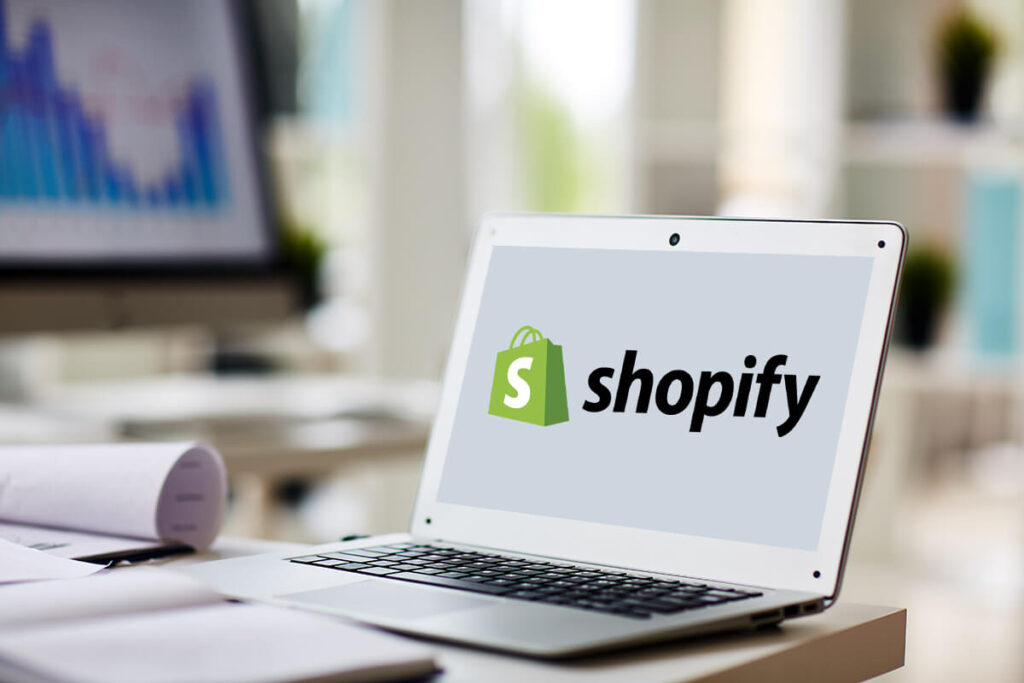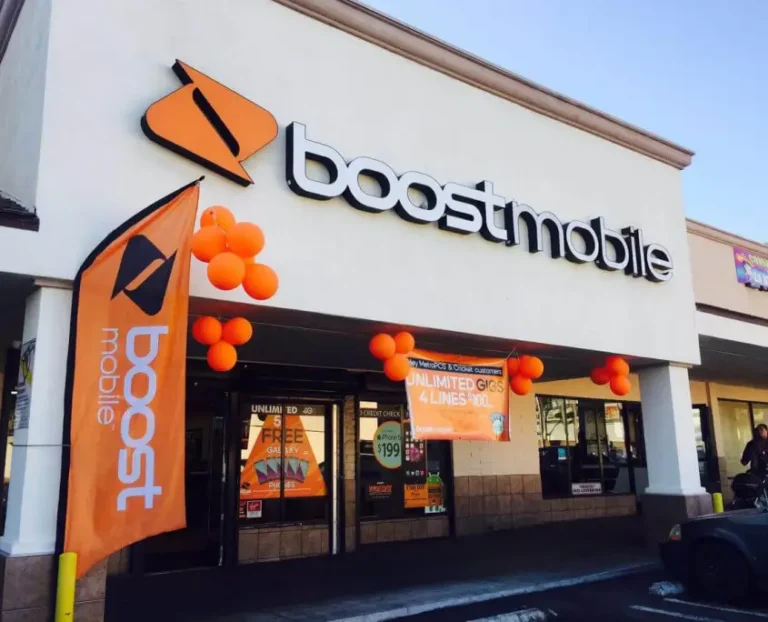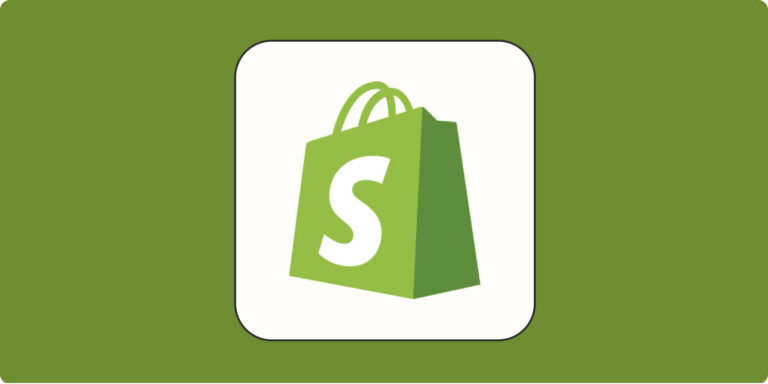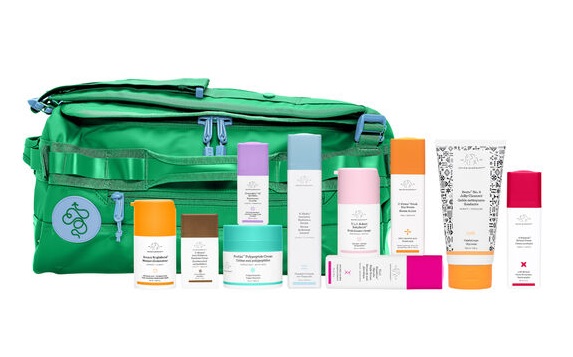Introduction to Shopify and Etsy
In the ever-evolving world of online commerce, choosing the right platform can make or break your business. Two giants stand out in this arena: Shopify and Etsy. Both have garnered immense popularity among entrepreneurs looking to showcase their products to a global audience. But how do you decide which platform is right for your unique needs? Whether you’re an artist selling handmade crafts or a retailer with a vast inventory, understanding the nuances between Shopify and Etsy is crucial.
As we dive into 2025, let’s explore what each platform offers—from customization options that reflect your brand to pricing structures that fit your budget. We’ll dissect everything from marketing tools to customer support, helping you navigate these two powerful e-commerce platforms effectively. Get ready to unlock insights that could transform your online store!
Pros and Cons of Selling on Shopify vs. Etsy
When considering Shopify vs. Etsy, it’s essential to weigh the pros and cons of each platform.
Shopify offers extensive customization options. This flexibility allows you to create a unique brand identity that resonates with your target audience. Plus, it supports various product types beyond handmade goods.
On the flip side, Shopify’s pricing can be higher than expected when adding apps or features. If you’re on a tight budget, this might feel overwhelming at first.
Etsy shines in its built-in audience of buyers specifically looking for handcrafted items and vintage goods. With minimal effort, sellers can tap into this marketplace’s existing customer base.
However, competition on Etsy is fierce since many sellers offer similar products. Breaking through the noise requires strategic marketing efforts and standout listings to attract attention effectively.
Customization and Branding Options
Shopify offers extensive customization options for your online store. You can choose from a range of themes, each designed to fit different types of businesses. Whether you’re selling tech gadgets or handmade crafts, there’s something for everyone.
With Shopify’s drag-and-drop interface, it’s easy to create a unique layout that reflects your brand identity. You have control over colors, fonts, and images. This flexibility allows you to build an engaging shopping experience tailored specifically to your audience.
Etsy is more limited in terms of branding. While you can personalize your shop with banners and logos, the overall layout is standardized. It ensures consistency across platforms but restricts individuality.
For sellers focused on building a distinct brand presence, Shopify stands out as the superior choice. The ability to customize not just looks but also functionalities enhances customer engagement and helps set your store apart in a crowded market.
Fees and Pricing Comparison
When considering Shopify vs. Etsy, understanding fees and pricing is crucial for your decision.
Etsy operates on a listing fee model. Sellers pay $0.20 per item listed for sale. They also incur transaction fees of 6.5% on sales, plus payment processing fees that vary by country.
Shopify offers tiered plans starting with the cheapest Shopify plan at around $29 per month. This flat fee includes hosting and various built-in features but excludes transaction costs unless you use Shopify Payments.
For businesses scaling up, the more advanced plans provide additional tools like professional reports and lower credit card rates.
While Etsy makes it easy to start selling quickly, Shopify’s monthly subscription can be worthwhile if you’re looking for customization options as well as control over your branding and customer experience.
Marketing and SEO Tools
When it comes to marketing and SEO tools, Shopify shines with its robust features. The platform offers built-in SEO optimization options that help improve visibility on search engines. You can easily edit meta tags, alt text for images, and URLs.
Etsy also has some useful marketing tools but is more limited in its SEO capabilities. Listing your products effectively requires a good understanding of Etsy’s unique algorithms. Sellers must focus on keyword-rich titles and descriptions to stand out.
Shopify integrates seamlessly with various third-party apps designed specifically for boosting sales. From email marketing platforms like Mailchimp to social media management tools like Buffer, the options are vast.
On the other hand, Etsy provides promotional offerings within its marketplace but lacks the same level of flexibility as Shopify when it comes to external integrations. For sellers who want multiple channels for promotion, Shopify may be the better choice here.
Customer Support
When it comes to customer support, both Shopify and Etsy offer distinct advantages. Shopify provides 24/7 assistance via live chat, email, and phone. This round-the-clock availability is a lifesaver for merchants dealing with issues outside typical business hours.
Etsy, on the other hand, focuses on community-driven support. While their response time can vary depending on the volume of inquiries, many sellers find value in connecting with fellow creatives through forums and help articles.
Shopify’s extensive documentation and tutorials are also worth noting. They empower users to troubleshoot independently without waiting for a representative.
Etsy’s emphasis on seller-to-seller interaction fosters collaboration among users but may not be ideal for those who prefer immediate answers from official channels. Each platform takes its own approach to ensuring sellers have access to the help they need when navigating challenges in their online businesses.
Integrations and Add-Ons
Shopify offers a robust ecosystem of integrations and add-ons. You can enhance your store with tools for email marketing, inventory management, and social media. Popular apps like Oberlo streamline dropshipping, while Klaviyo supercharges your email campaigns.
Etsy has fewer built-in options but still provides essential integrations. Tools like Marmalead help optimize listings for search. This is crucial for visibility on the platform.
With Shopify’s extensive app marketplace, you can customize almost every aspect of your store’s functionality. Whether it’s automating order fulfillment or adding live chat support, the possibilities are nearly endless.
On Etsy, you’re somewhat limited to what fits within their framework. Still, there are useful plugins that simplify aspects of sales and customer engagement without overwhelming users with choices.
Choosing between these two platforms often hinges on how much customization you need versus simplicity in setup and use.
Case Studies: Success Stories on Both Platforms
On Shopify, a small business called Gym Gear transformed its humble beginnings into a thriving online store. With custom branding and the best Shopify apps for sales, they scaled quickly. Their focus on quality content and SEO practices helped them rank higher in search results.
Meanwhile, an artisan jewelry maker found success on Etsy by leveraging its community-driven marketplace. By connecting with customers through storytelling and high-quality images, she built a loyal following. Her unique designs stood out in the vibrant Etsy ecosystem.
Both platforms present distinct advantages that cater to different types of entrepreneurs. Each story highlights how tailored strategies can unlock potential no matter where you choose to sell your products.
The varied experiences illustrate the diverse opportunities each platform provides for creators eager to make their mark online.
Which Platform is Best for Your Business?
Choosing the right platform for your online store depends on your unique needs and goals. If you prioritize customization, branding options, and control over your brand’s narrative, Shopify may be the better choice. With its extensive app marketplace featuring some of the best Shopify apps for sales, it allows you to tailor everything from design to functionality.
On the other hand, if you’re looking for a simpler entry into e-commerce with an established customer base already in place, Etsy could be ideal. The community-driven nature of Etsy makes it easier to connect with buyers who appreciate handmade or vintage items.
Consider what matters most to you: Do you need advanced marketing tools? A wide range of integrations? How much are you willing to invest in Shopify pricing versus selling fee structures on Etsy? Evaluate these factors alongside case studies that showcase successful businesses on both platforms.
It’s about aligning your business model with the features each platform offers. Doing so will set you up for success as you navigate through 2025 and beyond.




















